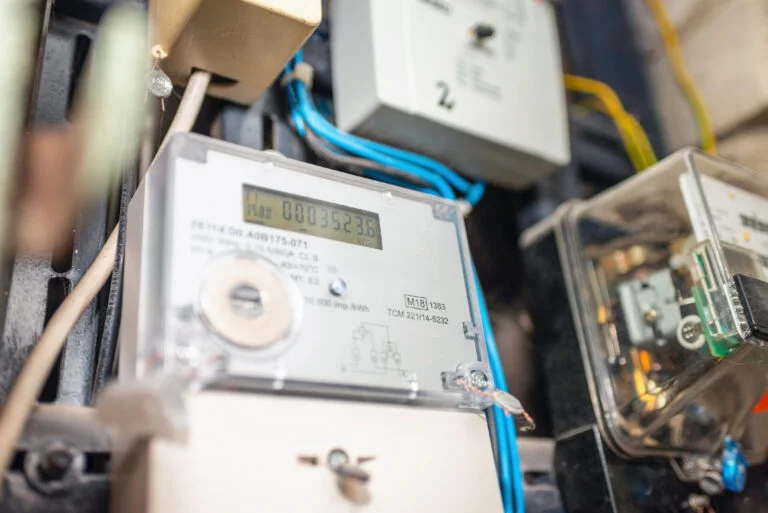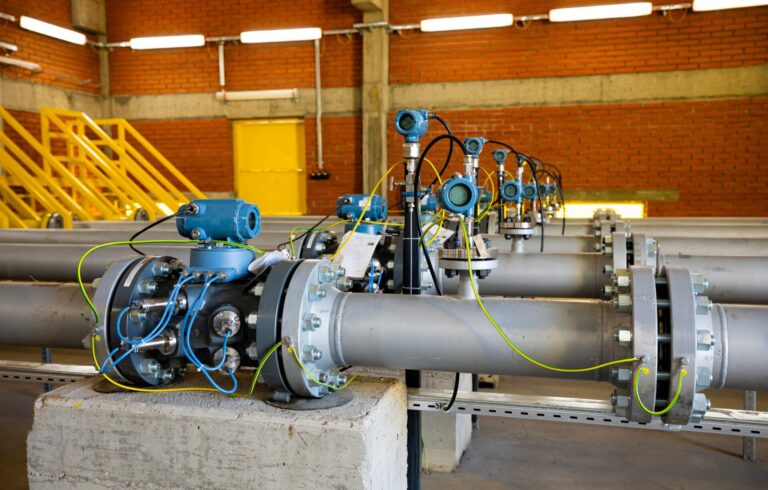The REGO Reckoning
In the UK’s journey towards net zero, Renewable Energy Guarantees of Origin (REGOs) have long served as a cornerstone for verifying green electricity. However, recent market turbulence has cast doubt on their effectiveness. With prices plummeting and corporate confidence waning, the REGO scheme faces a critical juncture. This article delves into the current state of the REGO market, exploring the factors contributing to its decline, and considering the future of renewable certification in the UK.
The Role of REGOs: A Brief Overview
REGOs are certificates issued by Ofgem to renewable electricity generators, with one certificate representing one megawatt-hour (MWh) of electricity produced from renewable sources. These certificates enable suppliers to demonstrate the renewable origin of the electricity they provide, fulfilling obligations such as the Fuel Mix Disclosure (FMD).
Market Downturn: Prices and Confidence Plummet
Criticisms and Calls for Reform
The Future of Renewable Certification
Supporting Genuine Renewable Claims with Match Products
For organisations looking to strengthen their sustainability credentials beyond traditional certification schemes, we can also provide match products. These solutions enable businesses to more closely align renewable energy consumption with generation on a half-hourly or hourly basis, offering enhanced transparency and credibility in reporting.
Navigating the Path Forward







